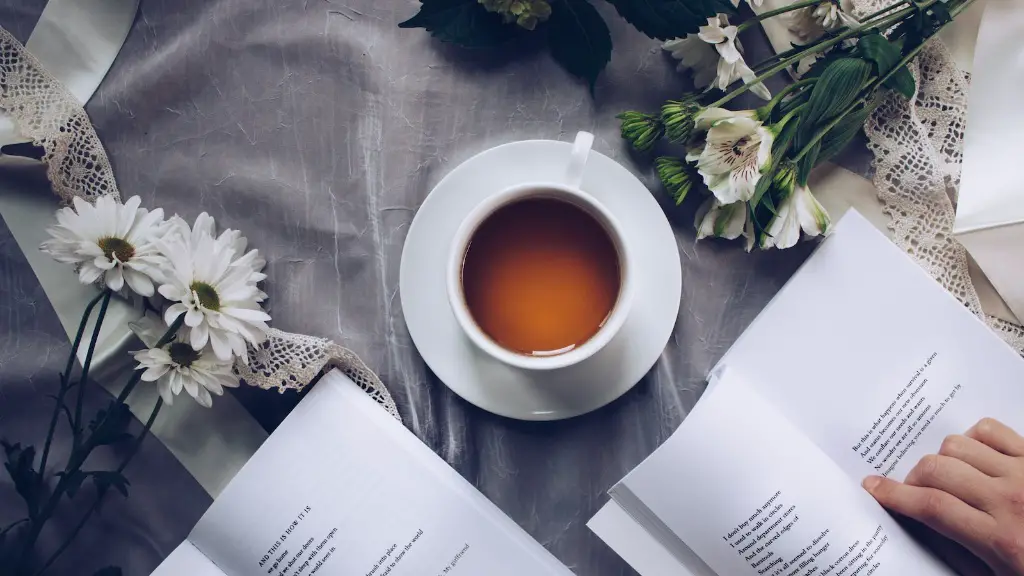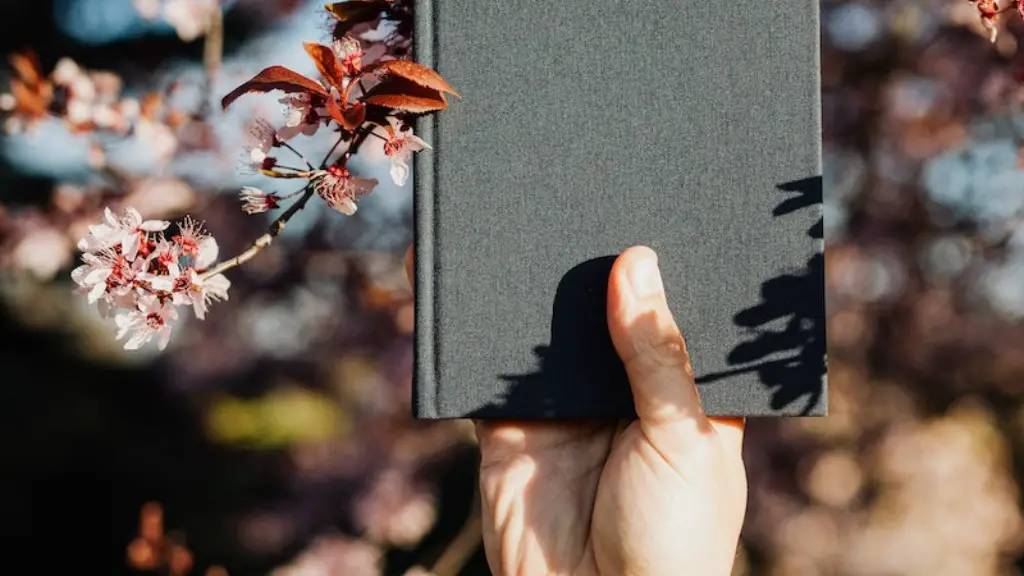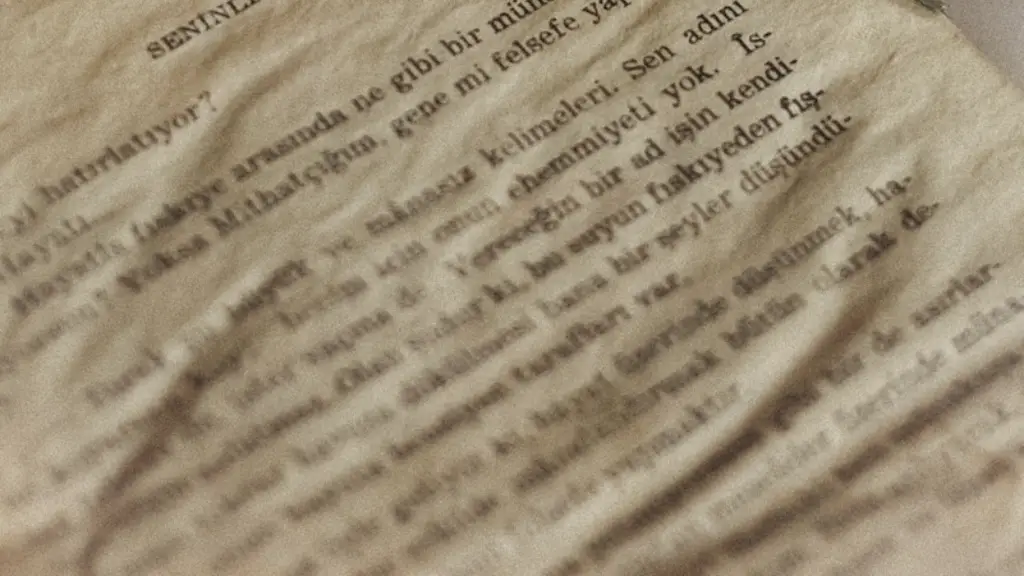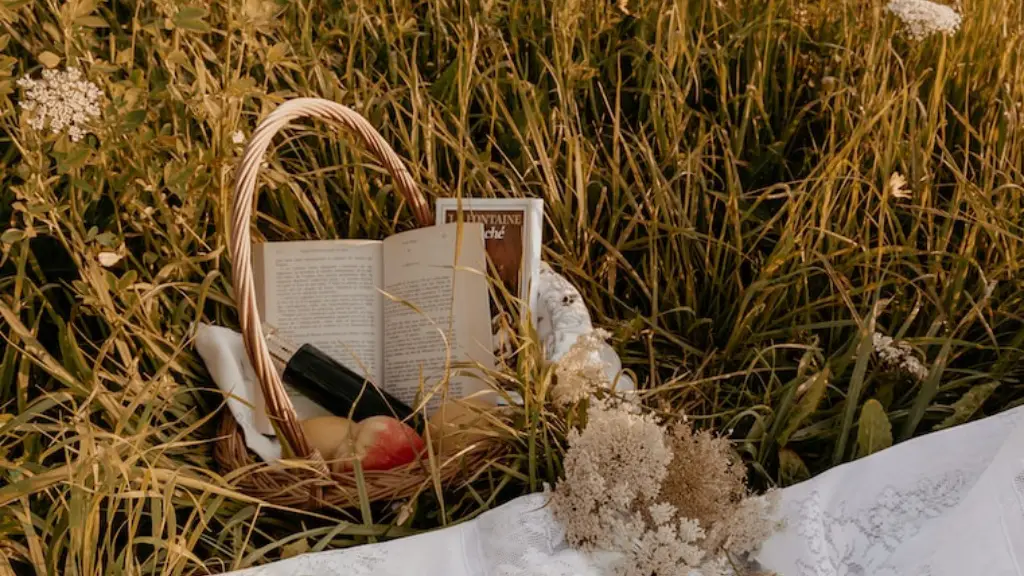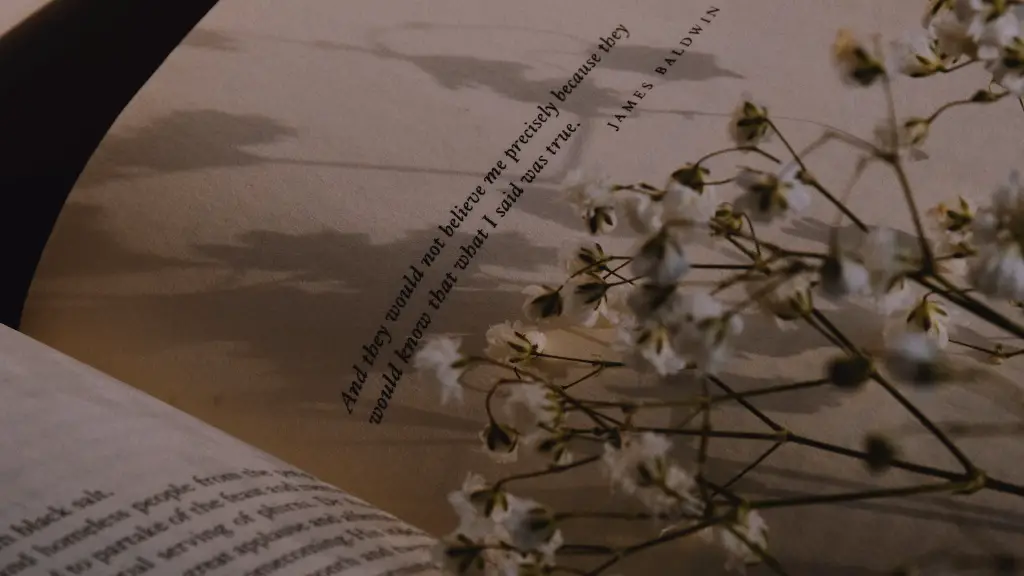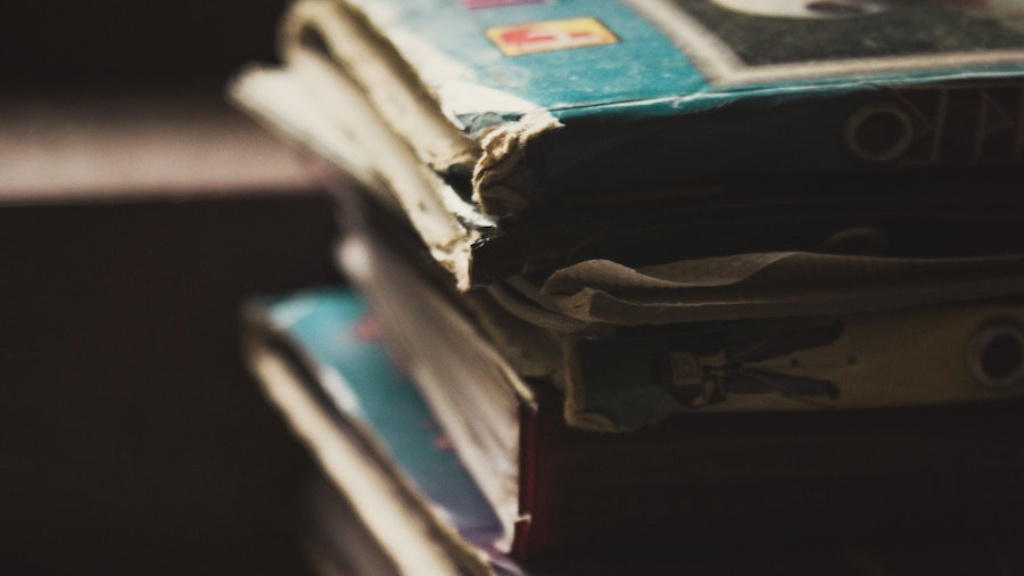What Exactly Is Poetry?
Poetry is a form of creative writing that has been around for centuries, stretching all the way back to the time of ancient epics and legends. It’s a type of literature that uses rhythm and powerful language to evoke an emotional response from its readers. Poetry can be inspirational, passionate, sad, happy, thoughtful, or any other emotion; its strength lies in its ability to communicate the feelings and ideas of the poet in a way that transcends words.
Unlike prose, which is generally composed in complete sentences and paragraphs, poetry is less structured. It communicates an idea through the use of rhythm, imagery, metaphor, and figurative language. It is a form of literary art that relies more on the sound of words than their meaning to convey an idea or evoke emotion in the reader.
Most forms of poetry are divided into two categories: traditional and modern. Traditional poetry is written with a specific rhyme scheme, metre and line length. Metre is the rhythm of the poem and is normally described as the number of syllables in each line. Rhyme affects the sound of the poem and the words used to convey a thought. Line length is the amount of time that the poem is composed or read for.
Modern poetry does not have to follow the same conventions of traditional poetry. It often uses language to simply describe something without having to make it rhyme or fit a certain metre. The author is free to express themselves in whatever way they choose.
Some of the most influential and recognizable types of poetry include haikus, limericks, sonnets, and free verse. A haiku is a short three-line poem that is made up of seventeen syllables and typically has a strict syllabic structure. Limericks are humorous five-line poems with a specific rhyme scheme. Sonnets are fourteen-line poems typically written in iambic pentameter and have a strict rhyme scheme. Lastly, free verse poems are composed without any set rules and are the most popular form of poetry written.
The beauty of poetry is that it can be written about almost anything. It can be used to express love, sadness, anger, joy, hope, inspiration, and anything else imaginable. Poetry can be written about everything from the beauty of nature to the horrors of war. It can be used to tell stories, express ideas, and to simply enjoy the beauty of language.
Poetry is a powerful and timeless form of expression. It has been used throughout history in literature, song, and story telling. It can be used to express personal emotions, create new stories, and bring to life ideas we could only ever dream of. It can also be used to shed light on difficult topics, evoke laughter, bring joy, or simply act as a much-needed escape.
The Power of Poetic Language
One of the most important aspects of poetry is the power of language. Poetry can use language to manipulate emotions, provoke thought, and transport the reader to alternate realities. Through the use of rich imagery, metaphors, and other figurative language, the words on the page can become alive. These elements are difficult to achieve in prose writing, as the structure of sentences, and other rules of grammar, limit the ability to really create an atmosphere and evoke an emotional response from the reader.
In poetry, the emphasis is on the individual words and their sound as much as their meaning. This is why some of the most powerful and meaningful poems are those with few words. By combining words with a certain rhythm, poetic language can be used to convey things that can never be expressed in prosaic statements. This is what makes poetry such a powerful and compelling form of writing.
Whether it is an epic saga or a short limerick, the aim of the poet is to create something that speaks to the reader’s heart. The emotion created by poetic language is not something that can be defined; it is a feeling that everyone interprets differently. Yet, it is something that resonates deeply in all of us and can be understood on an instinctive level.
Modern Poetry
Modern poetry follows no set rules. There is no requirement to fit any specific metre or rhyme pattern and often many of the traditional conventions are broken. Modern poets often use words that may not have been previously associated with literature, making their poems direct, honest and relatable. In doing so, they are able to express thoughts and feelings that have not been expressed before.
Modern poets use language to create powerful imagery, using a combination of expression, imagery, and metaphor. By doing this, they are able to communicate difficult concepts and evoke emotions in their readers through the use of language. The informal and often candid nature of modern poetry is often used to explore controversial topics and express an opinion on difficult issues.
The aim of modern poetry is often to express an individual’s thoughts and emotions in a way that is both understandable and meaningful. It is through this direct and personal approach that modern poets are able to speak to the reader’s heart in a way that traditional poets may not have been able to.
Exploring Poetry: Benefits and Challenges
Exploring poetry can provide a great deal of insight into the way people think, feel and express themselves. It can give insight into one’s own thoughts and feelings, or provide strength and comfort at difficult times. It can also be used to explore different cultures, emotions, and ideas by reading the works of poets from different backgrounds. Reading and writing poetry can be an enjoyable and therapeutic activity, allowing one to escape from the everyday world and express themselves without the restrictions of grammar and punctuation.
However, reading and understanding poetry can be a challenge. Some traditional poems can be difficult to decipher, as they rely on allusions, imagery, metaphor, and other difficult concepts to convey meaning. Additionally, some modern poems may use words that are unfamiliar, making understanding difficult. Therefore, it is important to read poems multiple times, take time to think about the words, and look up any words that are unfamiliar.
Poetry can be a great way to broaden one’s understanding of language and to explore concepts, cultures, and feelings. It can also provide an enjoyable, creative escape from the everyday world. Whilst it may be challenging to initially decipher, with some patience poetry can be a rewarding and empowering activity.
The Significance of Poetry in Education
The role of poetry in education is becoming increasingly important in today’s world. The potential benefits of teaching children poetry are vast, as it can not only help with literacy skills but can also improve self-confidence and aid in social development. Some of the benefits of teaching poetry in education include improved skills in verbal communication, increased knowledge of literary devices, better comprehension of literature and increased self-expression.
In addition to these benefits, teaching poetry can also help children to think outside the box by encouraging creative thinking, imagination and personal expression. It can provide an opportunity for children to explore language and find their own voice and style. Furthermore, poetry can help to instil a sense of confidence and pride in children, as well as allowing them to appreciate literature in its most creative forms.
Whilst the main focus of English classes is often on the teaching of grammar and literary analysis, teaching poetry can be a great way to provide a fun, engaging and creative way to learn about the English language. It can open children’s eyes to different ways of writing, interpretation and the potential of the written word.
The Importance of Poetry to Society
Throughout history, poetry has been an important part of society. It can be a powerful tool for change, causing people to think differently and open their eyes to different perspectives. Poetry has often been used to express difficult and controversial opinions, and to capture different sides of an argument. It has been used as a way to express the dreams and aspirations of a people, as well as being a source of comfort for those living in difficult times.
Poetry has also been used as a way to remember past events or people, to document stories, and to celebrate important moments. It has been used to pass on knowledge and to inspire generations. Poetry is often seen as a saving grace in difficult times, allowing people to find solace in difficult moments and an escape from the every day.
In a world of fast-moving and ever-changing technology, poetry can often be seen as an outdated form of writing. Yet, its importance in today’s society is often overlooked. Poetry can still be a powerful tool for change and expression, connecting people through their emotions and offering comfort in tough times.
The Impact of Contemporary Media on Poetry
The advent of modern technology and new forms of media has had a great impact on poetry. The rise of the internet and social media platforms has opened up new possibilities for poets to express their work and to reach large audiences. These platforms also provide a way to bring together a larger community of poets, share ideas and collaborate on projects.
The intervention of the online world has changed the way that poetry can be read, experienced and shared. Poets have the ability to publish collections in digital formats and poems can be found all over the internet, from personal blogs to websites dedicated solely to the sharing and celebrating of poetry. With so much access to this new medium, it has made it easier for poets to connect with readers, as well as have their voices heard.
The prevalence of contemporary media and the internet has had a positive effect on the popularity of poetry as a literary form. More people are now able to access, understand and appreciate the power behind poetic language, making it a much more popular form of expression.
Conclusion
Poetry has been around for centuries and has been used to express thoughts, feelings and ideas in a way that transcends words. It is an incredibly powerful and emotive form of writing that can be used to explore a variety of topics, evoke emotion and provide escapism. In today’s modern world, the importance of poetry is often overlooked yet it can still be a powerful force for change and expression. Through the rise of technology, more and more people are being exposed to and appreciating poetry, making it a much more popular form of expression.
